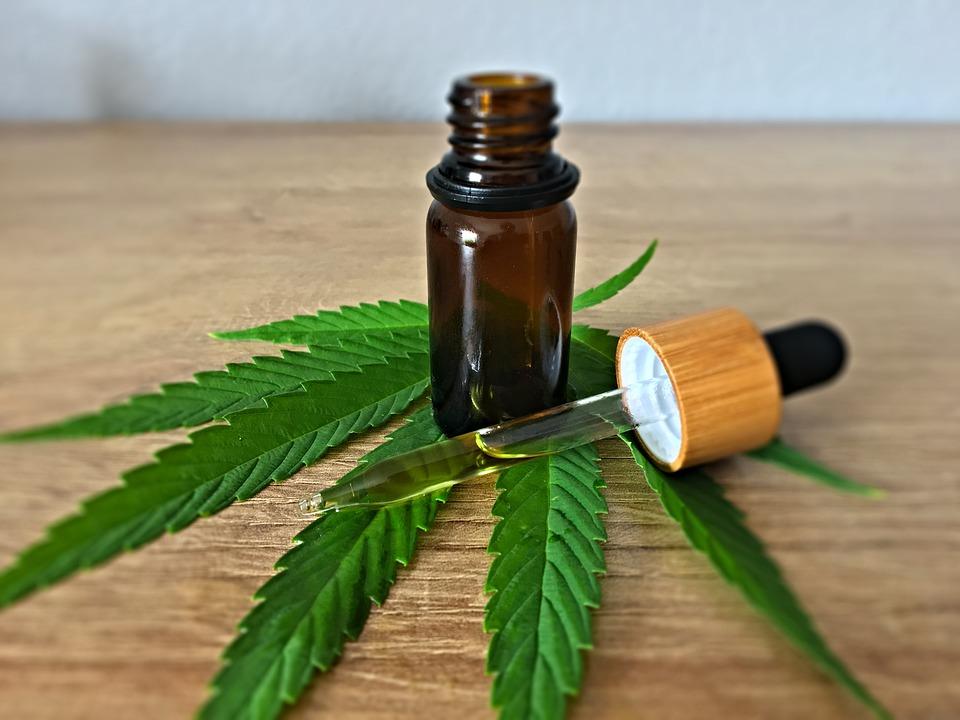
Section Branding
Header Content
State Senate to consider reopening Georgia’s ‘flawed’ 2015 medical cannabis law
Primary Content

Georgia patients have been waiting for years to legally access medical cannabis products approved by the state Legislature years ago, and Thursday, March 23 could be do or die for the latest bill aimed at fixing the process.
In 2015, the Legislature voted to allow people suffering from serious illnesses like Alzeimer’s disease, Parkinson’s disease or cancer to take a special product with a low amount of THC, the chemical that produces marijuana’s high. But legal fights have stalled the process, and the patients continue to go without their medicine, move out of state or risk skirting the law. There are about 27,000 people on the list.
Hartwell Republican Alan Powell’s House Bill 196 seeks to fix what he calls the fatally flawed process of selecting the companies that can produce the low-THC oil doctors say can help alleviate some chronic maladies. It passed the House 170-2. To land on Gov. Brian Kemp’s desk, it must first pass out of the Senate Regulated Industries and Utilities Committee and pass the Senate during the dwindling days of the 2023 Georgia General Assembly.
Committee Chair Sen. Bill Cowsert, a Republican from Athens, said the bill will get a vote Thursday morning. Wednesday marks the final day of the Legislative session.
It seeks to increase the number of marijuana growers licenses issued from six to 15, offering licenses to prospective growers who challenged their denials in court. Powell said that’s the fastest way to resolve the problem.
“The straightforward way of fixing it, in my opinion, was to get it out of court, to take those protesters, to give them a license,” he said at a committee hearing Wednesday. “Now, I can’t tell if they may not have been the best choice or the last choice, but they did go through the process. They did file their paperwork. They did file an appeal. They did file a protest, and then they filed litigation because in their opinion, they were wronged. Only history will prove whether they were correct or not.”
Powell suggested he thinks the selection process was not properly carried out.
“I would be remiss if I didn’t tell you about what the members of the Regulated Industries (Committee) in the House found from questions, that of all the answers and everything that was put forth, you could have had the same answer given by any of the companies, one would get a five point rating, the other would get a one or zero,” he said. “I mean, there was no rhyme or reason, which was the rationale behind the litigation, is what I suspect.”
Powell’s bill would also make the state Medical Cannabis Commission subject to Georgia’s Open Records Act, which Powell said will bring more transparency to the agency.
Jeremy Berry, an attorney representing Trulieve Georgia, one of the winners, said calling the process secretive was a mischaracterization. He said the winners are capable of supplying everyone on the list, and adding new growers will flood the market with useless marijuana. And rewarding bidders who lost fair and square could set an unintended precedent, he said.
“The protesters knew the rules going in, they played by the rules, and now they’re upset and they want to do-over,” he said. “All this will do is incentivize future contractors who lose to just go to the Legislature. So someone who’s bidding on a contract for road pavement, if they lose, guess what? It’s going to turn this legislature into a de facto evaluation committee for every procurement.”
In the meantime, the winning companies say they are pushing forward with their plans. Trulieve began growing in September and hopes to have their product available by the end of April or early May, Berry said. Robin Fowler, founder and CEO of Botanical Sciences, another contract winner, said his company is aiming to have goods on the market by early summer.
This story comes to GPB through a reporting partnership with Georgia Recorder.

